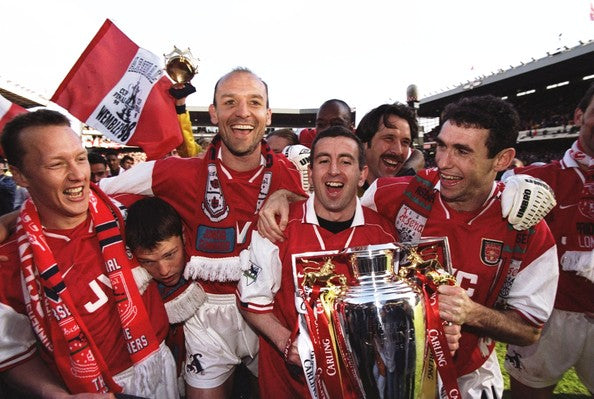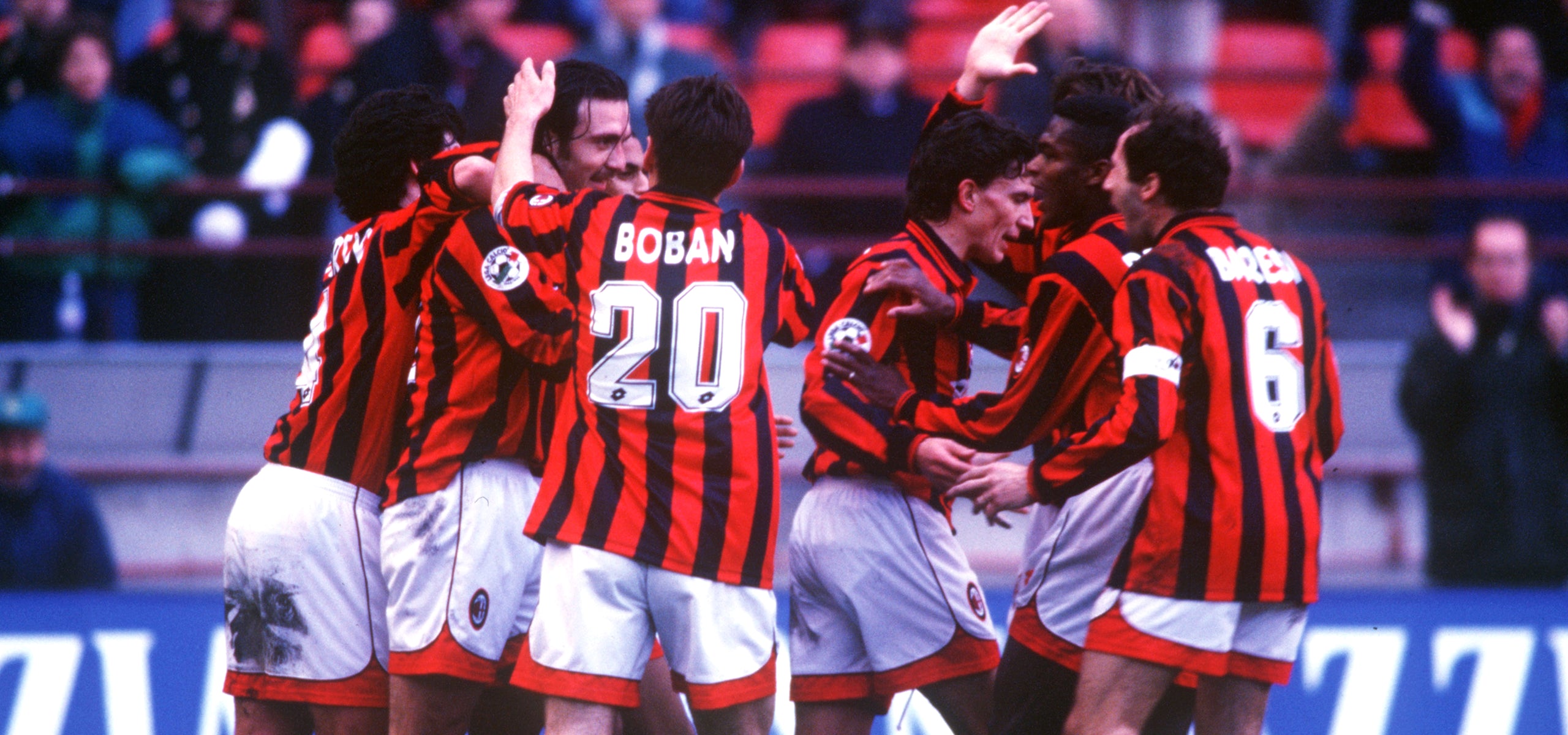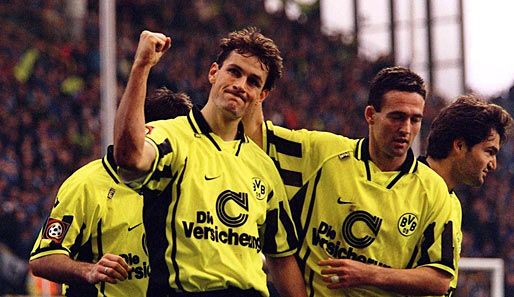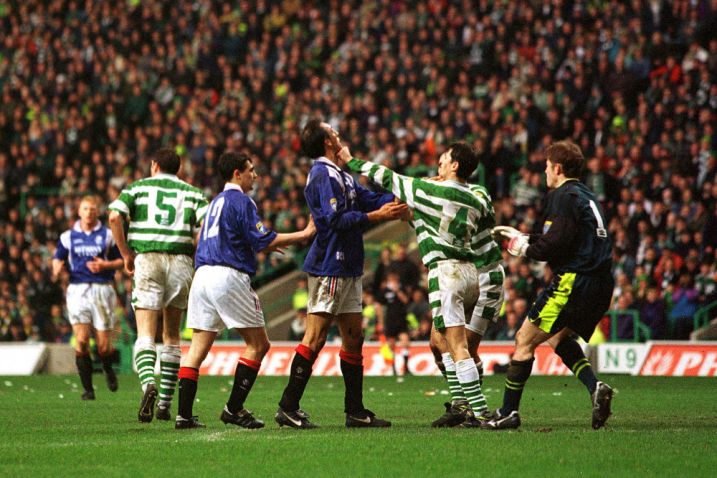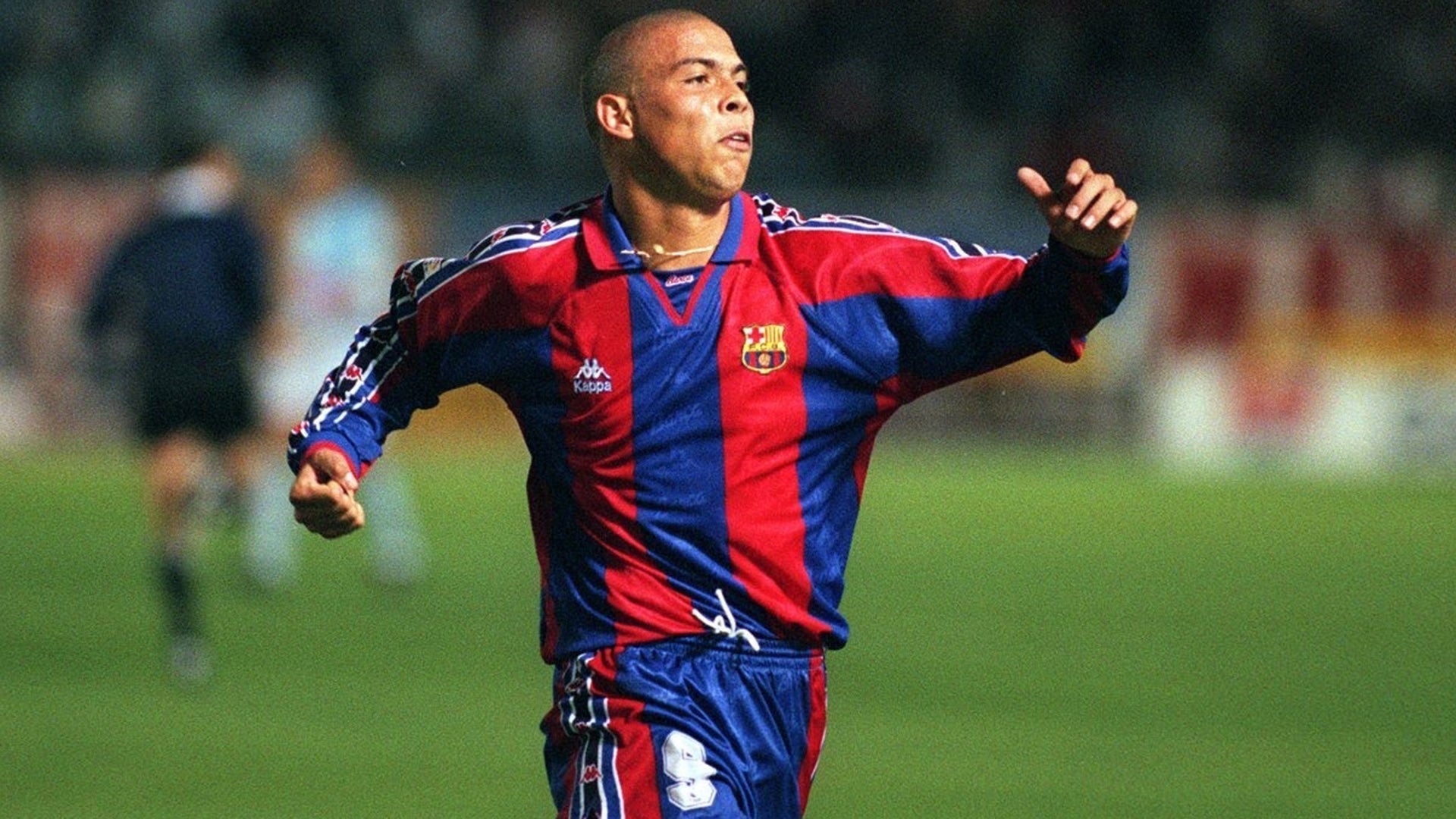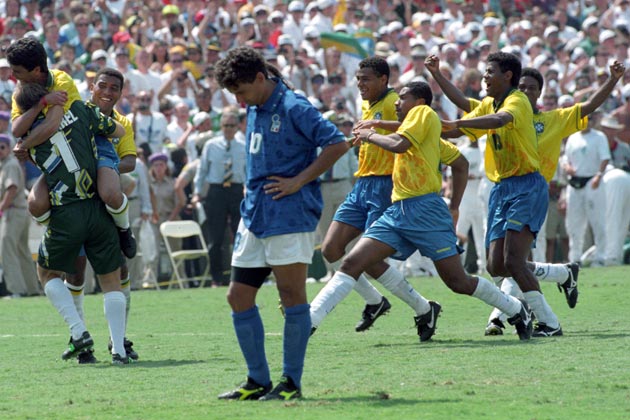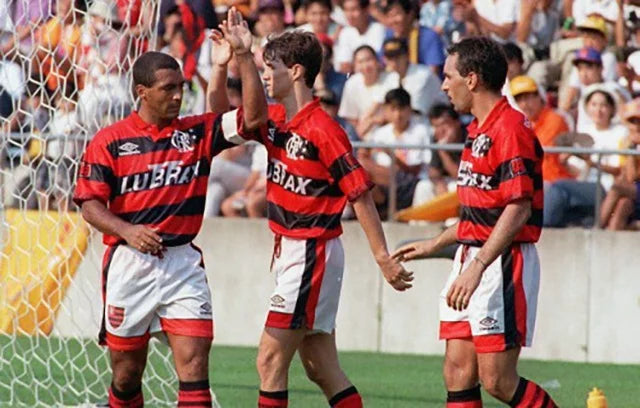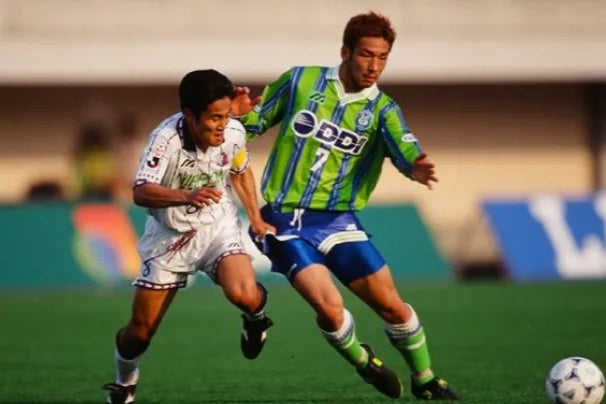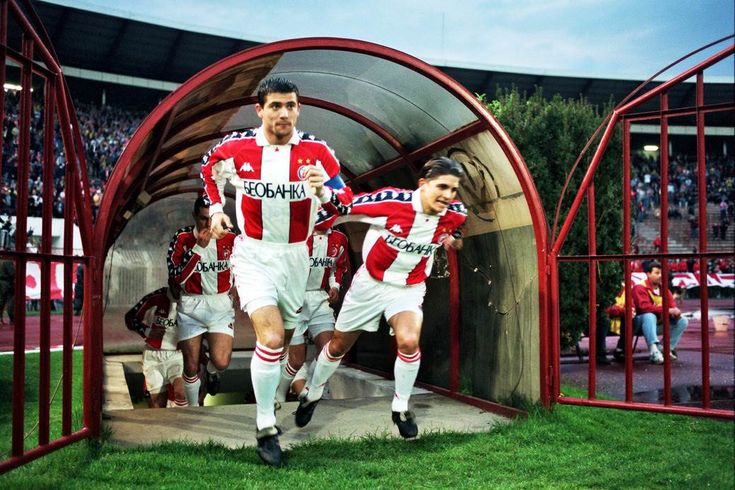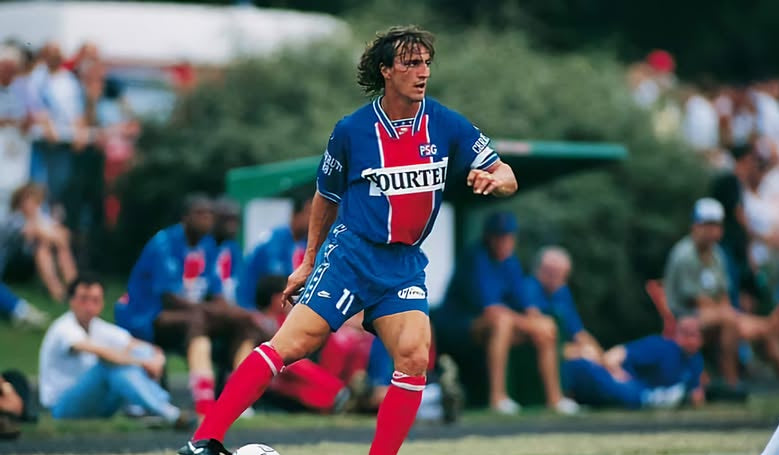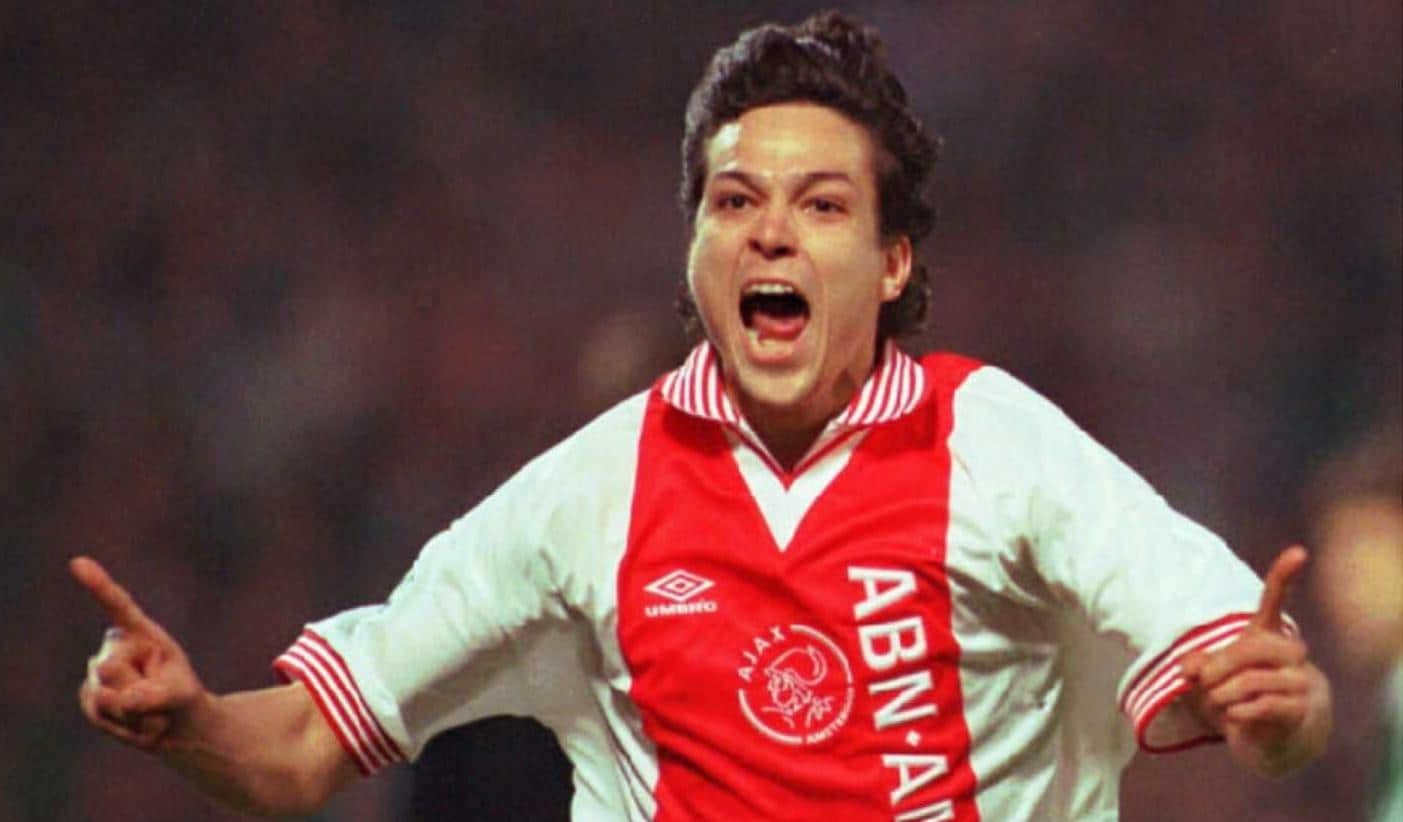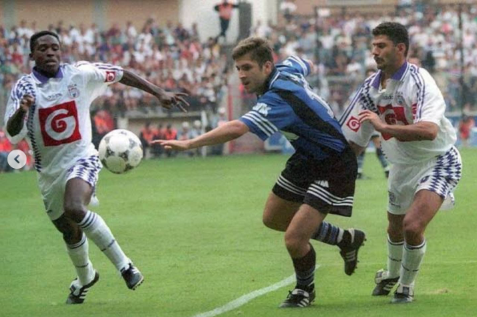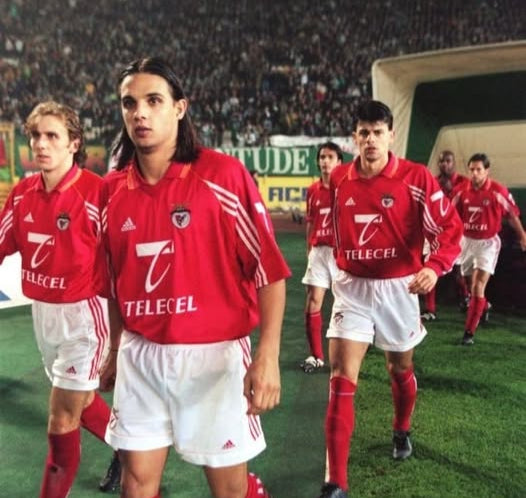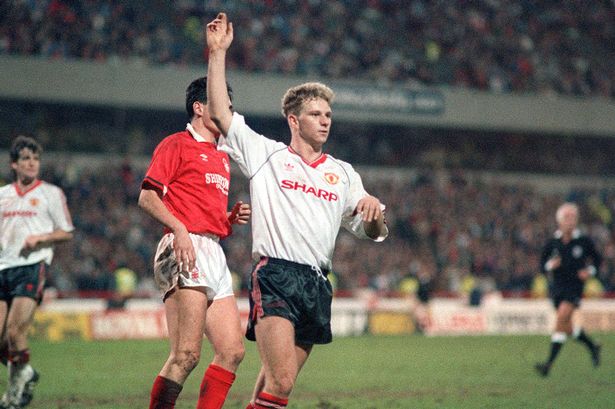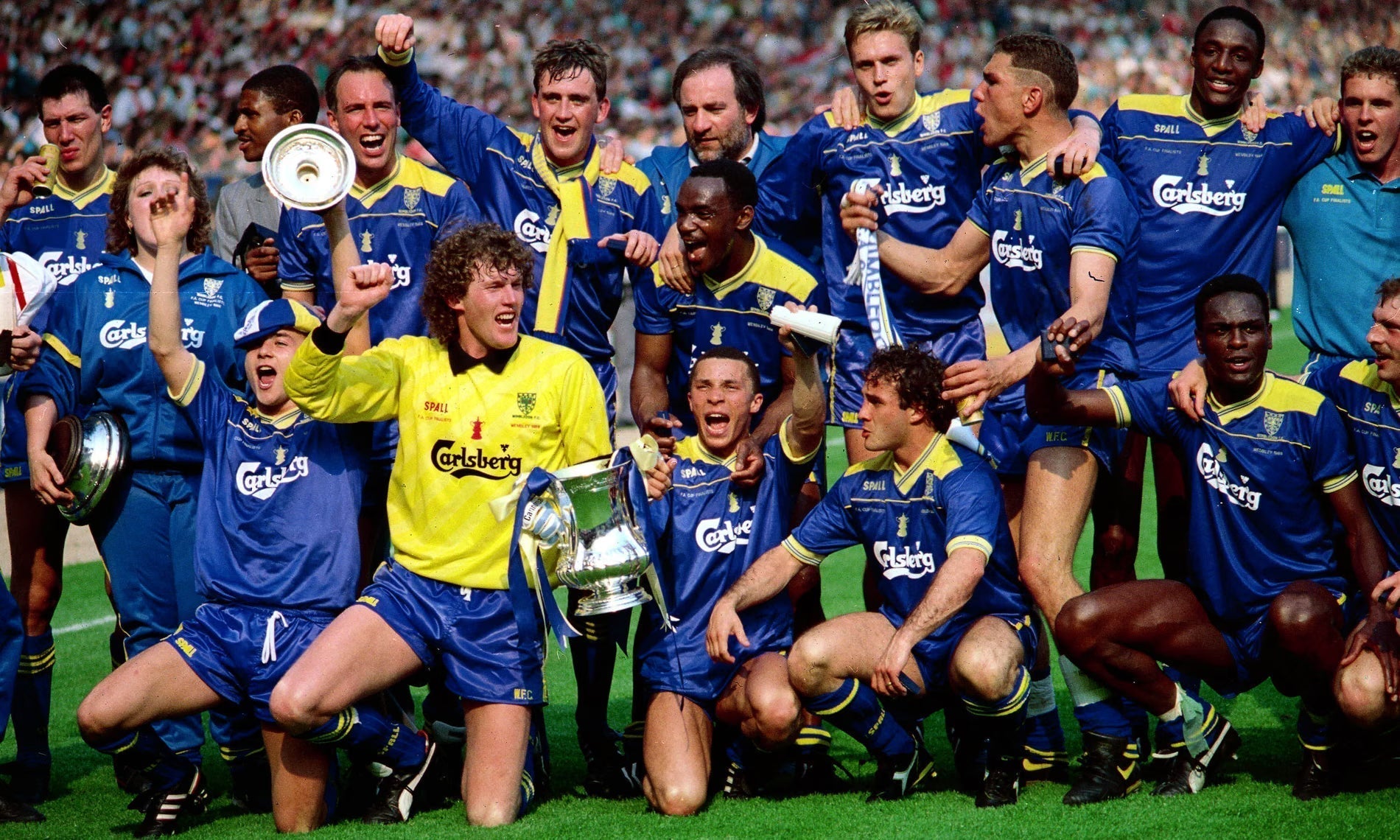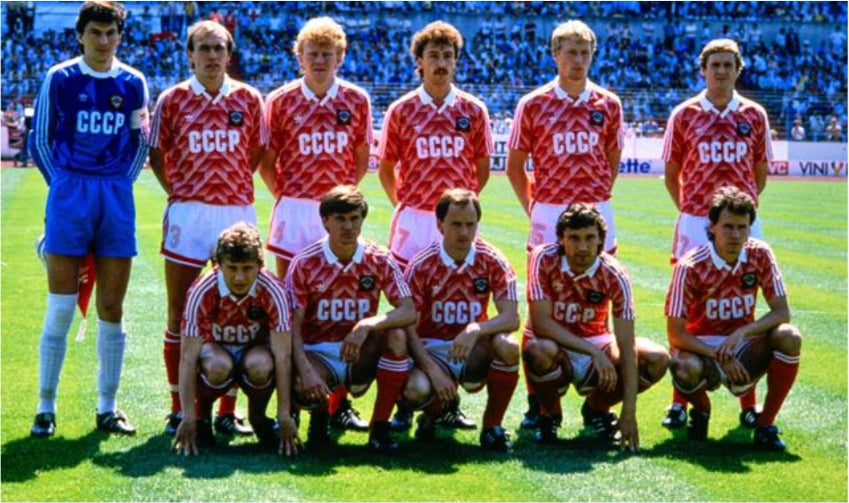
What if... The Soviet Union football team had never disbanded?
When the Soviet Union finally splintered in December 1991, the political earthquake reverberated far beyond the Kremlin walls. Borders shifted, flags were folded, and identities were rewritten. Football, like everything else, had to adapt. The Soviet national team – one of the most consistent powers in world football across four decades – disappeared overnight, replaced by Russia, Ukraine, Georgia, Armenia and the rest.
But what if it hadn’t? What if the red shirts of the USSR had continued into the 1990s and beyond, keeping their vast pool of talent under one banner?

It’s not hard to imagine the effect. The Soviet Union, in its final years, was already packed with emerging stars. Andrei Kanchelskis tearing down the wing, Andrei Karpin pulling strings, Oleksiy Mykhaylychenko dictating midfield. Add in Ukraine’s golden generation of the late 90s and early 2000s - Shevchenko, Rebrov, Tymoshchuk - alongside Russia’s own Arshavin, Mostovoi and Igor Akinfeev, and suddenly you’re staring at a team that could have rivalled France, Brazil and Italy at the turn of the millennium.
Picture France 1998. Instead of Russia and Ukraine failing to qualify, the Soviet Union line up in Bordeaux with a spine of Shevchenko, Karpin, Onopko and a young Kanchelskis. By 2000, in the European Championship hosted by Belgium and the Netherlands, this team could have swept through the group stages, their depth and size giving them a squad to rival anyone.
The idea grows even more tantalising as we move into the 2000s. Shevchenko at Milan, Ballon d’Or winner. Rebrov at Dynamo and Spurs. Arshavin lighting up Zenit. Combine them in one shirt - add in Georgia’s Shota Arveladze, Belarusian dynamo Alexander Hleb, and the defensive grit of Sergei Ignashevich - and you’ve got a side capable of going toe-to-toe with Brazil’s 2002 winners.

And let’s not forget the Soviet tradition of goalkeepers: Lev Yashin’s shadow looms large, but in the modern era, the likes of Rinat Dasayev and later Akinfeev kept the standard high. It’s not inconceivable to picture a Soviet team winning Euro 2004 instead of Greece, or going deep into World Cup 2006, rather than splitting their talent across multiple smaller nations struggling for consistency.
Of course, the political reality was never so simple. Football has always been a mirror, and the collapse of the Soviet Union was as much about fractured identities as it was about tactics or talent. Ukrainians wanted to be Ukrainians, Georgians Georgian, Lithuanians Lithuanian. A unified team might have been stronger, but it would also have been an awkward symbol of a union that no longer existed.

Still, it’s one of the great what-ifs. The Soviet Union team that never was might have dominated international football in the 90s and 2000s, providing a counterweight to Brazil’s samba, France’s golden age, Spain’s tiki-taka. Instead, the red star faded, leaving behind fragments - flashes of brilliance from Russia, Ukraine, Georgia - but never again the collective strength of the USSR.
Football, like history, rarely offers second chances. But imagine the red banners still flying, the hammer and sickle stitched onto shirts in Yokohama in 2002, as Shevchenko leads out a side that could have ruled the world.
Hypothetical Soviet Union XI – World Cup 2002
Formation: 4-3-3. Balanced, hard-running midfield, wide wingers, and Shevchenko spearheading the attack.
GK - Igor Akinfeev (Russia)
Young at the time, but already emerging as Russia’s next great keeper. A continuation of the Soviet tradition stretching from Yashin to Dasayev.
RB - Oleg Luzhny (Ukraine)
The Arsenal man who lifted the Premier League trophy in 2002. Combative, experienced, and reliable at the back.
CB - Sergei Ignashevich (Russia)
Rock-solid defender, disciplined and composed. Would go on to become one of Russia’s all-time most capped players.
CB - Oleh Luzhny / Viktor Onopko (Ukraine/Russia)
Onopko, the captain of Russia in the 90s, adds leadership and aerial dominance.
LB - Kakha Kaladze (Georgia)
At AC Milan with Shevchenko, Kaladze was versatile and physically strong - the kind of defender who could neutralise top-level wingers.
CM - Anatoliy Tymoshchuk (Ukraine)
A warrior in midfield, breaking up play and setting the tempo. Would go on to captain Ukraine to their first World Cup in 2006.
CM - Alexander Mostovoi (Russia)
The “Tsar of Vigo” - creative heartbeat, capable of unlocking defences. At Euro 2004 he was Russia’s star before injury struck.
CM - Hennadiy Lytovchenko (Ukraine)
Technically elegant midfielder, one of the best of Dynamo Kyiv’s 80s-90s golden crop, giving this midfield balance.
RW - Andrei Kanchelskis (Russia)
Rapid and direct, a Premier League winner with Manchester United and later Everton hero. The perfect outlet on the right.
ST - Andriy Shevchenko (Ukraine)
Ballon d’Or winner, world-class striker, clinical finishing, powerful headers – the obvious spearhead.
LW - Sergei Rebrov (Ukraine)
Sharp and skilful, Shevchenko’s Dynamo partner. Their chemistry would have been devastating at international level.
Bench: Shota Arveladze (Georgia), Alexander Hleb (Belarus), Andrei Arshavin (Russia), Dmitri Alenichev (Russia), Rinat Dasayev (Russia).
How they’d have fared in 2002?
Instead of Russia crashing out in the group stage and Ukraine not even qualifying, this combined USSR side could easily have reached the semi-finals in Japan/Korea. Against Brazil’s Ronaldo, Rivaldo and Ronaldinho, they’d have had the defensive steel and attacking flair to go toe-to-toe.
It’s not unrealistic to imagine Shevchenko lifting the Golden Boot, or this side being the biggest challengers to Brazil’s samba empire in Yokohama.

